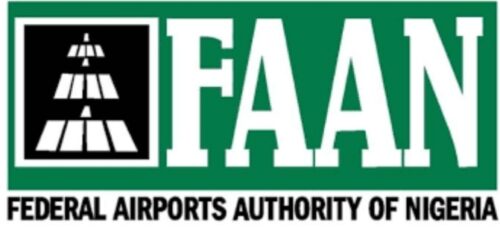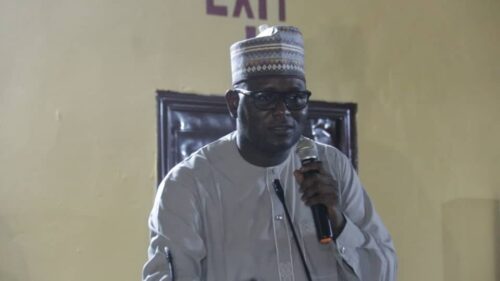Making Nigeria’s Single Window Work: Customs CG, Adeniyi, Outlines Key Steps

After over a decade of unsuccessful attempts to implement the international trade Single Window system in Nigeria, Comptroller-General of the Nigeria Customs Service (NCS), Bashir Adewale Adeniyi, has highlighted the challenges that have hindered progress and proposed solutions to ensure successful implementation.
According to the World Customs Organisation (WCO), a Single Window (SW) is a trade facilitation system that allows traders and businesses to submit standardized documents through a single entry point to meet all regulatory requirements for imports, exports, and transit.
The system streamlines interactions with government agencies, reducing costs, delays, and inefficiencies in cross-border trade.
Despite multiple efforts since 2014, Nigeria has been unable to establish a functional Single Window. Speaking at a stakeholders’ forum on the National Single Window implementation in Lagos, Adeniyi emphasized that for the initiative to succeed, all relevant agencies in the country’s trade and revenue system must align with a common goal.
He stressed the need for strong government backing and a collective commitment from stakeholders, including the private sector, financial institutions, and regulatory bodies.
“The central role of Customs in this ecosystem is undeniable, but success requires a collaborative approach where every stakeholder plays their part with precision and dedication,” Adeniyi said.
He noted that while technology is often regarded as the backbone of a Single Window system, it alone is not enough.
“The deployment of advanced digital platforms must be complemented by process reengineering, capacity building, and effective change management. Previous efforts in Nigeria have failed due to an overemphasis on technology without adequately addressing human and operational factors,” he explained.
A successful system, he added, must reflect Nigeria’s trade environment, featuring user-friendly designs, interoperability with existing systems, and scalability for future growth.
Represented by the Deputy Comptroller-General of Customs in charge of ICT, Kikelomo Adeola, Adeniyi outlined the major reasons previous attempts had failed.
These include fragmented technological systems, bureaucratic bottlenecks, misaligned stakeholder expectations, and inadequate infrastructure.
However, he noted that these setbacks have provided valuable lessons to shape a more effective strategy moving forward.
“A review of past attempts underscores the need for a unified vision driven by strong political will and institutional commitment. Leadership fragmentation and inconsistent policies have previously undermined progress,” he said.
Adeniyi stressed that continuous stakeholder engagement is essential for the project’s success pointing out that earlier initiatives failed due to limited collaboration and poor communication, which eroded trust and created resistance among key players.
“For the Single Window system to work, inclusivity must be prioritized. Government agencies, private sector players, and development partners must actively collaborate.
“Stakeholders should not only be consulted but also involved in the co-creation of the system’s design and evaluation,” he noted.
Looking ahead, Adeniyi emphasized the importance of legal and policy alignment. “We must harmonize the legal framework, eliminate redundancies, and establish policies that promote transparency, accountability, and efficiency.
“This will not only support system implementation but also strengthen Nigeria’s compliance with international trade agreements and standards,” he concluded.
With a clear strategy and collective commitment, the long-awaited National Single Window could finally become a reality, transforming Nigeria’s trade landscape for the better.






